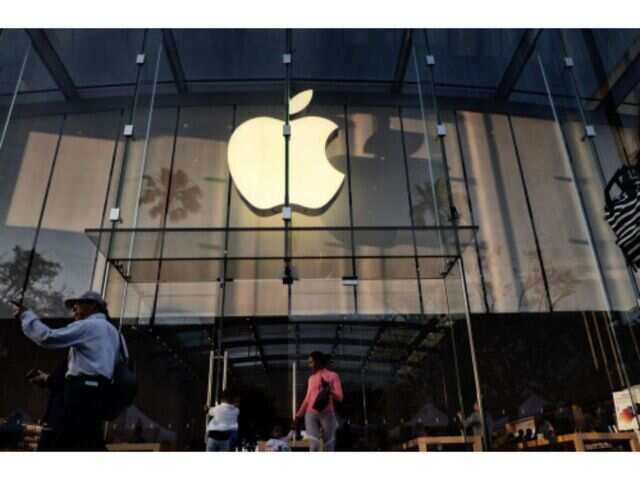Covid-19 ‘effect’ least on Apple in India, says Canalys report

There aren’t many industries around the world that haven’t felt a crippling effect because of the ongoing coronavirus pandemic. Smartphones are no different and with lockdown conditions, economic instability, it seems like people haven’t been buying smartphones like they used to. According to a report by research firm Canalys, smartphone shipments in India fell 48% in Q2 2020, to 17.3 million units.
Almost every brand saw a decline in their shipments. However, the least impacted of all the major smartphone brands was Apple. As per the Canalys report, Apple was the least impacted among the top-10 vendors as shipments fell just 20% year-on-year to just over 250,000 in Q2 2020. Apple has been looking to ramp up manufacturing in India as recent reports have suggested its partners Foxconn and Wistron are looking to pump in more investments in the country.
Indian smartphone market leader Xiaomi’s annual growth was down by 48% but it commands almost close to 31% of market share. Vivo, which is at number second position, saw it annual growth stemmed by 36%. Samsung, Oppo and Realme’s annual growth was down by 60%, 27% and 35% respectively.
“It’s been a rocky road to recovery for the smartphone market in India,” says Canalys analyst Madhumita Chaudhary. “While vendors witnessed a crest in sales as soon as markets opened, production facilities struggled with staffing shortages on top of new regulations around manufacturing, resulting in lower production output,” Chaudhary added. Further, the fluidity of the lockdown situation across India has had a deep-rooted effect on vendors’ go-to- market strategies, as per the Canalys analyst.
The anti-China sentiment has also not gone down well with the Chinese brands in India. Canalys Research analyst Adwait Mardikar said that there has been public anger directed towards China. “The combinations of this and the recently announced ‘Aatmanirbhar’ (self-sufficient) initiatives by the government have pushed Chinese smartphone vendors into the eye of the public storm.”
As per Canalys estimates over 96% of all smartphones sold in India in 2019 were manufactured or assembled locally.
Almost every brand saw a decline in their shipments. However, the least impacted of all the major smartphone brands was Apple. As per the Canalys report, Apple was the least impacted among the top-10 vendors as shipments fell just 20% year-on-year to just over 250,000 in Q2 2020. Apple has been looking to ramp up manufacturing in India as recent reports have suggested its partners Foxconn and Wistron are looking to pump in more investments in the country.
Indian smartphone market leader Xiaomi’s annual growth was down by 48% but it commands almost close to 31% of market share. Vivo, which is at number second position, saw it annual growth stemmed by 36%. Samsung, Oppo and Realme’s annual growth was down by 60%, 27% and 35% respectively.
“It’s been a rocky road to recovery for the smartphone market in India,” says Canalys analyst Madhumita Chaudhary. “While vendors witnessed a crest in sales as soon as markets opened, production facilities struggled with staffing shortages on top of new regulations around manufacturing, resulting in lower production output,” Chaudhary added. Further, the fluidity of the lockdown situation across India has had a deep-rooted effect on vendors’ go-to- market strategies, as per the Canalys analyst.
The anti-China sentiment has also not gone down well with the Chinese brands in India. Canalys Research analyst Adwait Mardikar said that there has been public anger directed towards China. “The combinations of this and the recently announced ‘Aatmanirbhar’ (self-sufficient) initiatives by the government have pushed Chinese smartphone vendors into the eye of the public storm.”
As per Canalys estimates over 96% of all smartphones sold in India in 2019 were manufactured or assembled locally.


























All Comments (0)+^ Back to Top
Refrain from posting comments that are obscene, defamatory or inflammatory, and do not indulge in personal attacks, name calling or inciting hatred against any community. Help us delete comments that do not follow these guidelines by marking them offensive. Let's work together to keep the conversation civil.
HIDE